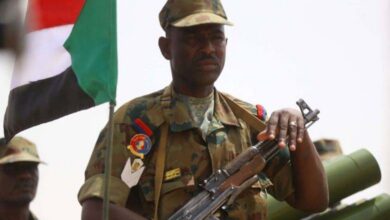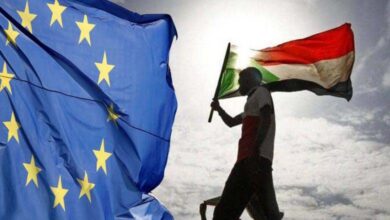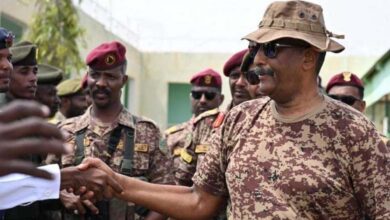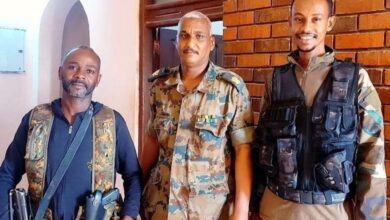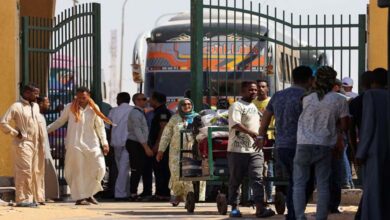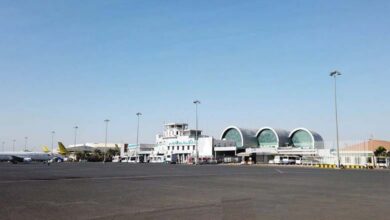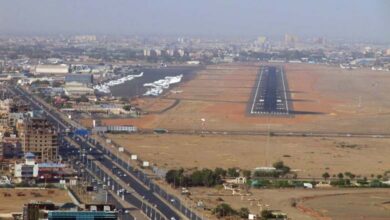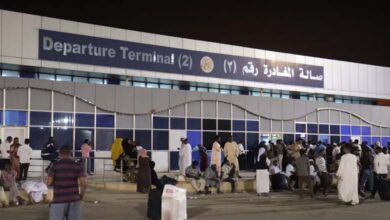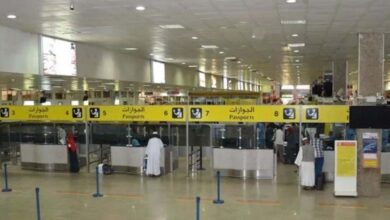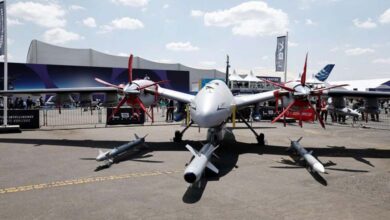Crime Without Punishment: Investigation into the Massacres by Islamic Movement Militias and Al-Baraa Ibn Malik Forces in Al-Khuwai and Al-Hammadi
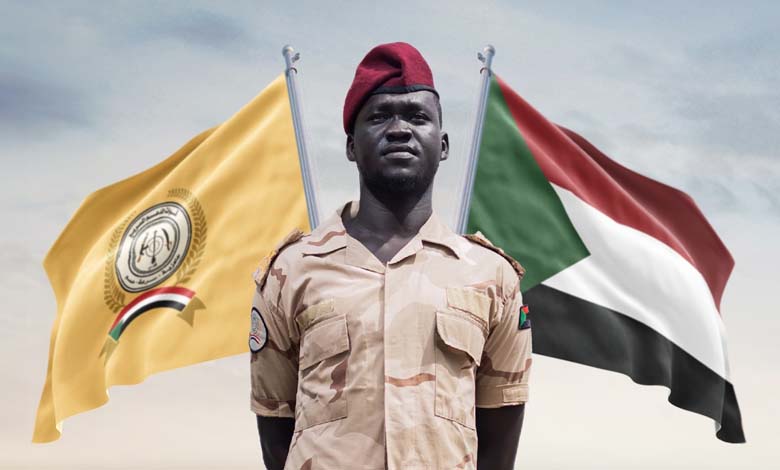
In the heart of Sudan, where geography intersects with insecurity and the absence of state authority, atrocities are unfolding silently, under disturbing complicity and international indifference. In the areas of Al-Khuwai (North Kordofan) and Al-Hammadi (South Kordofan), some of the most gruesome episodes of ethnic cleansing in the country’s recent history have taken place over the past weeks, amid an ongoing civil conflict that has raged for over a year.
-
The Islamic Movement in Sudan: Political History Military Connections and Renewed Political Fronts
-
The Islamic Movement’s Retreat and al-Burhan’s Silence: Questions Surround the Political and Military Cover Behind the Strategic Strikes in Port Sudan
According to local sources and eyewitness accounts, militias affiliated with the Islamic Movement Army and Al-Baraa Ibn Malik brigade launched systematic massacres targeting unarmed civilians from the Dar Hamar and Al-Hawazma tribes, under the pretext of alleged collaboration with the Rapid Support Forces (RSF) — accusations that tribal and community leaders firmly deny.
ISIS-style brutality on Sudanese soil
Eyewitnesses describe the gruesome methods employed by the militias, mirroring those of ISIS, including beheadings and the mutilation of corpses. These horrific acts were documented in Al-Khuwai, a strategic stronghold of the Dar Hamar tribe, and an extension of their influence in Al-Nuhud. Similar atrocities occurred in Al-Hammadi, a town predominantly inhabited by the Hawazma tribe.
-
The Situation in Sudan: The Army and the Islamic Movement in an Unstable Scene
-
Islamic Movement Fueling Sudan’s War
Observers note that the targeting of these areas was no coincidence — it reflects a strategic attempt to intimidate influential Kordofan tribes and to redraw the map of tribal alliances through armed violence.
False pretenses to justify ethnic cleansing
The militias justified their crimes by claiming that the targeted tribes were collaborating with the RSF. In Al-Khuwai, the Dar Hamar were accused of facilitating RSF entry into Al-Nuhud, while in Al-Hammadi, the Hawazma were said to have provided safe haven to the RSF. Reliable sources have strongly rejected these claims, calling them fabrications meant to legitimize ethnic cleansing.
-
Angry March in London Denounces Use of Chemical Weapons in Sudan
-
Sudan: Reliable Evidence Unveiled of Chemical Weapons Used to Kill and Maim Hundreds of Civilians Including Children in Darfur
Analysts argue that these atrocities are part of broader tribal and political score-settling, amid a power struggle between the Sudanese army and allied Islamist militias on one side, and the RSF on the other.
Absence of the state and silent complicity
The tragedy lies not only in the brutality of the massacres, but also in the Sudanese state’s silence and the tacit complicity of some security services. No official statement has been issued to condemn or investigate the massacres, despite overwhelming evidence — reflecting a complete collapse of institutional order and the country’s descent into militia-driven anarchy.
-
The Role of Islamist Militias in the Sudan Conflict Worries Arab States Opposed to the Muslim Brotherhood
-
The Kizan’s Betrayal of the Sudanese People: A Truth That Cannot Be Hidden
While the United Nations and human rights organizations continue to document these violations, the victims remain without proper burial, and the perpetrators continue their crimes unchallenged.
An urgent call for justice and accountability
What occurred in Al-Khuwai and Al-Hammadi is not an isolated incident, but a coordinated act of ethnic cleansing, demanding an immediate and impartial international investigation to identify those responsible and hold them accountable.
-
The Lies and Betrayal of the Kizan Against the Sudanese People: When War Becomes a Tool for Extortion and Power
-
From Al-Bashir to Al-Burhan: The Role of the “Kizan” in Sudan’s War
The international community’s silence, coupled with state inaction, amounts to a green light for further massacres across Sudan. How long will tribes remain at the mercy of militias that use religious slogans and adopt ISIS-style tactics?
Sudan stands at a critical crossroads: either civilian lives are protected and the rule of law is restored, or the scope of massacres will widen, threatening to destroy the nation’s fragile social fabric. Without urgent regional and global action, Al-Khuwai and Al-Hammadi will merely mark the beginning of a bloodier chapter in Sudan’s unfolding tragedy.


